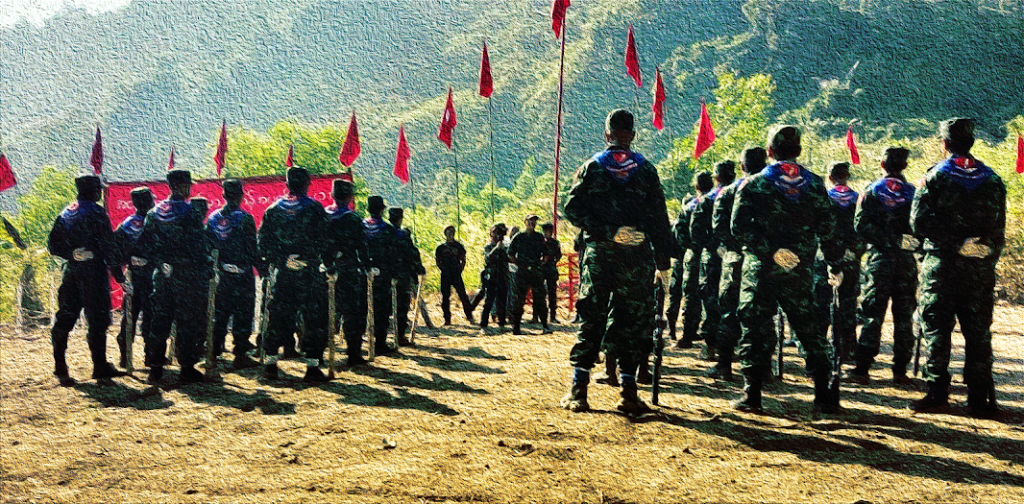Myanmar Spring Chronicle: Hope for International Intervention Grows Amid Myanmar Crisis
Published by MoeMaKa on March 01, 2024
Recent developments have ignited hopes for international assistance in addressing the ongoing crisis in Myanmar, with discussions scheduled in the Thai parliament and calls from the UN Human Rights Commissioner for action to halt support to the military junta.
The upcoming discussion in the Thai parliament, though not initiated by the Thai government but by the legislative parliamentary committee, signals a step forward in addressing the Myanmar issue. Additionally, at the UN Human Rights meeting in Geneva, Switzerland, Volkar Tuck urged measures to cut off the flow of weapons and financial backing to the Myanmar junta.
These actions have raised expectations that the United Nations and the international community will take decisive steps to address the situation in Myanmar. There is optimism that targeted sanctions and arms embargoes may be implemented to pressure the military junta.
However, the effectiveness of international intervention remains uncertain, given recent conflicts in Europe and the Middle East where the United Nations struggled to mediate. The global geopolitical landscape has evolved into a complex web of competing interests and power dynamics, diminishing the UN’s diplomatic influence.
In the context of the Ukraine-Russia war, the UN was sidelined as major powers pursued their agendas outside of its framework, highlighting the organization’s limited capacity to resolve conflicts. The Security Council, plagued by veto politics, often serves as a platform for rhetoric rather than action.
Against this backdrop, Thailand’s parliamentary discussion on Myanmar may offer an opportunity for the government to gain insights into the crisis. However, Thailand’s continued recognition of the military council as the legitimate government suggests limitations in its engagement with Myanmar’s opposition.
As Thailand grapples with its own political challenges, including military influence, the meeting with Myanmar’s opposition forces presents an opportunity for open dialogue. Both countries must navigate complex political landscapes, balancing democratic aspirations with existing power structures.
In conclusion, while hopes for international intervention persist, the realities of global politics underscore the importance of pragmatic approaches based on national interests. As Myanmar’s crisis unfolds, regional dynamics and strategic interests will shape the course of action, highlighting the complexities of navigating geopolitical realities in pursuit of peace and stability.

